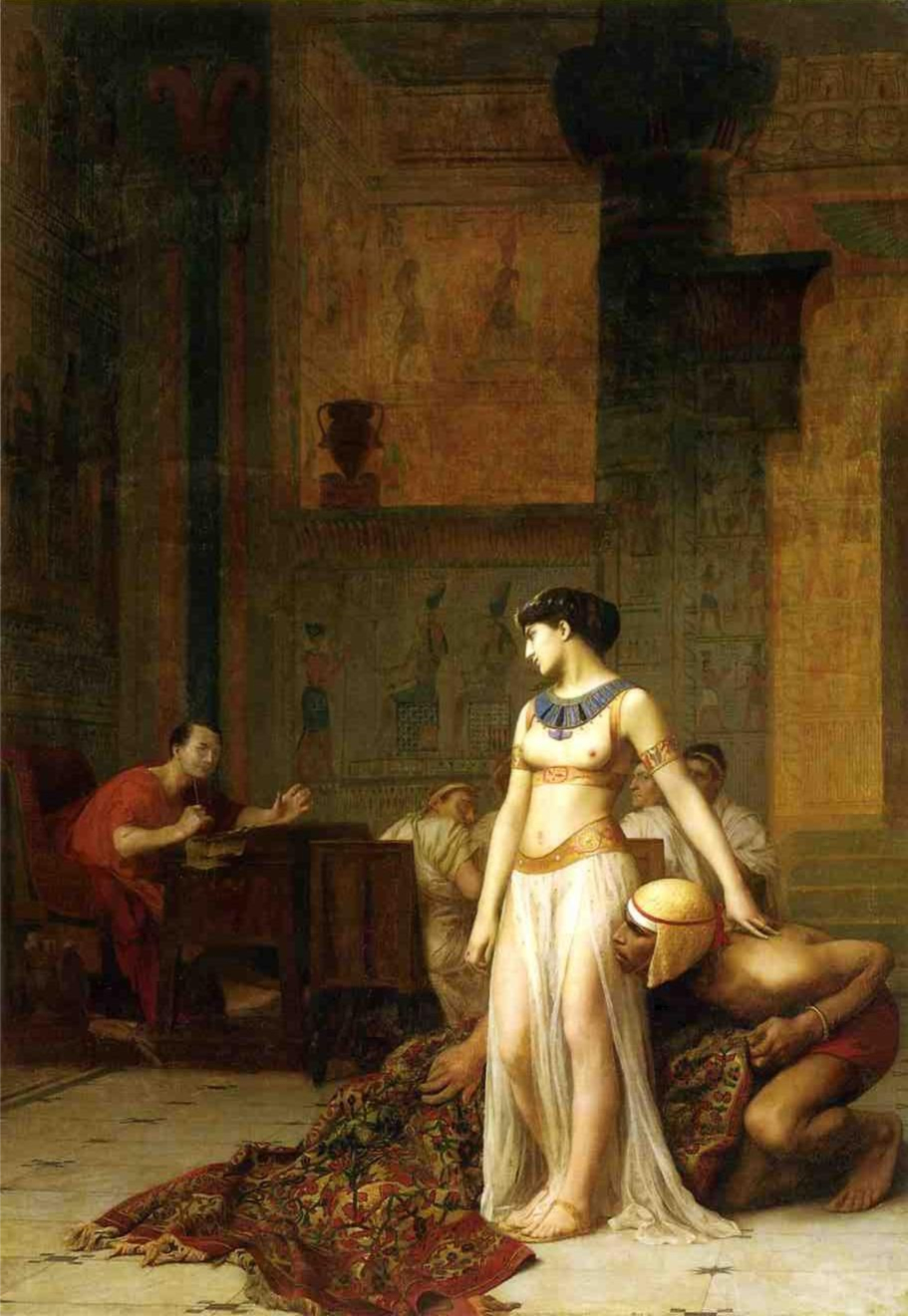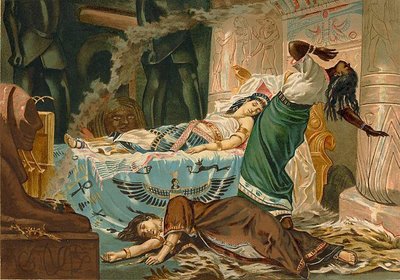One of the strongest points of Canadian pride in my mind is our accomplishments in the World Wars. We didn't have the highest numbers of soldiers, but our men fought exceptionally bravely and seemed to repeatedly do the impossible. Due to our fighting strength and bravery, many would say Canada went into the war as a piece of Britain ownership and came out as a sovereign country. In honour of Remembrance Day, this blog will be written about the battle of Vimy Ridge, one of the most memorable moments in Canadian war history.
The actual battle took place between April 9-12 in 1917. The Germans held the high ground on a long cliff, seven kilometres in length rising gradually, in France. At the apex, the Germans held an unobstructed view of a vast portion of the land. It was a German stronghold, heavy with fortifications and critical in the plans to take win the war on the western front - the Nivelle Offensive needed the taking of Vimy Ridge to allow for a southern flank that would be undisturbed by artillery fire from above.
The Allies had already tried to Vimy Ridge twice; the French were the first to lose when they attacked in the Second Battle of Artois. They briefly captured the territory but due to a lack of reinforcements and supplies they were unable to hold the line. They tried once more sometime afterwards, but were again unsuccessful. In the battles for Vimy, the French lost over 100,000 casualties in their attempts to control the ridge and the territory surrounding it.
 |
| The Canadian attack plan... Uh... it's in there somewhere. |
This is when Canada comes in. Britain and France, unable to take Vimy, had to call in their kid to take care of business. Sir Julian Byng, governor general of Canada at the time, took over operations and for the first time in Canadian history had all four divisions of Canada's forces working on the same operation. Augmented by the British artillery, engineers and resources, the Canadian Corps had 170,000 men under their control, 97,184 of which were Canadian. France provided their support in terms of knowledge they have gained through attacking Vimy Ridge previously - how the territory looks, where the trenches are, and so forth; basically what to expect when the battle took place.
 |
| Eyesight wasn't as good back then, so maps, like this one demonstrating the trenches of Vimy, had to be pretty big. |
.jpg) |
| You don't mess with Byng. The majority of the Allies' artillery fire was attributed to his stare alone. |
On April 9th the main assault began. The weather was cold, with a wind paired with snow. While it was uncomfortable for both sides, the attacking side benefited more due to the direction of the wind - the wind was at the backs of the allies, meaning it was blowing in the faces of the German troops. That, and the forces were mostly made up of Canadians - the majority of our life is completed while cold. That meant that the planned assault was surely to continue, as it had already been delayed for a day due to unrelated reasons. For the first time in what must have seemed like ages, the artillery stopped for a moment. However, this was hardly a reprieve, as the purpose of the sudden quiet was not to let up, but rather to gather the artillery for a combined assault, rather than consistent, spread out firing. At exactly 5:30, the weapons fired together, as well as detonating the mine charges that the British had placed earlier. After the artillery had sufficiently dismantled the defences, the first wave of Canadians poured through. The swiftness of the assault prevented the Germans from properly reacting effectively, and the first day of the assault was mostly successful, save for Canada's fourth division. They had requested a portion of the trench be left undamaged, I assume to use it when the land was taken by their troops, but the plan backfired heavily. The defences, undisturbed by the siege, killed many of the attackers and the defending forces held until they were out of ammunition.
 |
| Either an exploding mortar, or a Canadian soldier punching the ground due to frustrations of not taking Vimy fast enough. |
April 12th was the final battle, after a one day delay at the request of the French. Gas was fired into the defences to cause confusion, and artillery continued to disrupt the defensive positions. The last bastion of defence was what was called the "pimple", a high-ground that was heavily fortified. Beginning the day at 5:00 a.m., the Allied forces took the ground at 6:00 p.m., winning the battle for Vimy Ridge.
In the end, 3,598 of the victors were killed, with another 7,004 wounded. 4,000 German soldiers were taken prisoner. Four Canadians received the Victoria Crosses, the highest military award that can be given to the British and commonwealth forces for valour in the face of the enemy. The result was a strong sense of Canadian national unity, and many would argue that through the blood that was shed on Vimy Ridge, Canada became a country rather than a colony. Following the War, the French would grant use of the area to the Canadians to be made into a war memorial which still stands today.
True north strong and free, man. True north strong and free.
Famous Historical Figures Say the Darndest Things!
- "For most conspicuous bravery and devotion to duty in attack. On approaching the first objective, Pte. Milne observed an enemy machine gun firing on our advancing troops. Crawling on hands and knees, he succeeded in reaching the gun, killing the crew with bombs, and capturing the gun. On the line re-forming, he again located a machine gun in the support line, and stalking this second gun as he had done the first, he succeeded in putting the crew out of action and capturing the gun. His wonderful bravery and resource on these two occasions undoubtedly saved the lives of many of his comrades. Pte. Milne was killed shortly after capturing the second gun." William Johnstone Milne's military citation for his Victoria Cross. As true a Canadian hero as any.
- "A standard had been set in meticulous preparation, training and staff works, receptiveness to new techniques and [the embrace of] tactical innovations." Words of the biographer for Byng.
- "Lions led by donkeys." This was a phrase used to speak of the British generals leading the men in World War I. It's a darn good thing Canadians were there.









